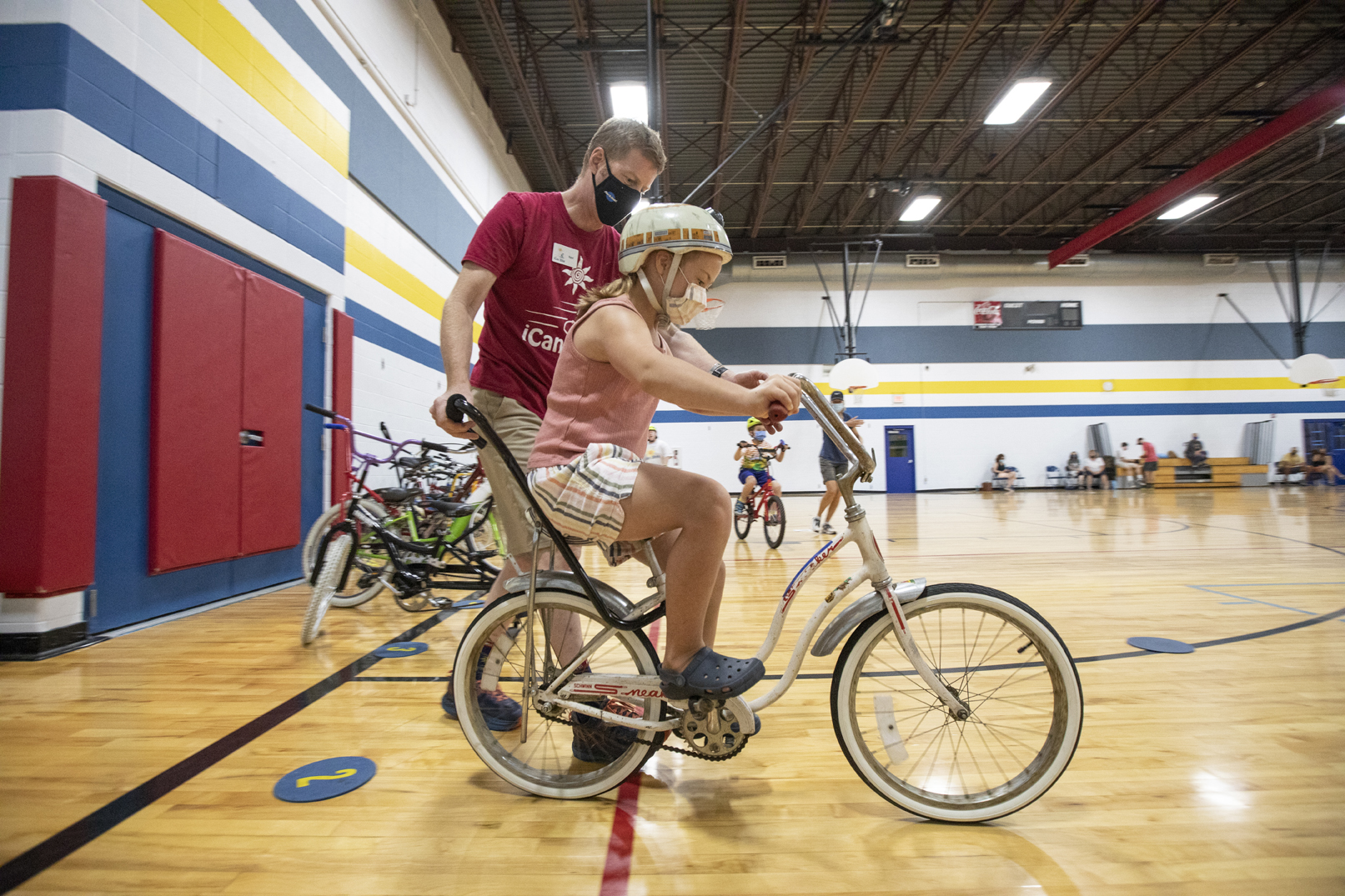Yoga is a restorative exercise that combines breathing, meditation, and movement to clear the mind and strengthen the body. Its benefits are known to many, and yet, not everyone is confident in their ability to practice this rejuvenating activity.
People with mobility issues, visual impairments, or other disabilities may feel intimidated by an exercise that focuses on balance and controlled movements. However, yoga is for every body. In this blog, we will explore adaptive yoga and how it helps people with disabilities stay active.
6 Benefits of Doing Adaptive Yoga
When practiced regularly, adaptive yoga, also called modified yoga, provides a multitude of positive impacts on a person’s overall health and wellbeing. Yoga is proven to:
- Strengthen the body. When it comes to building a strong, toned physique, yoga can be just as effective as strength training. Instead of dumbbells and weighted machines, yoga poses utilize your own body weight to create a powerful, low-impact workout.
- Improve balance. Balance requires strength, stability, and muscle awareness. A consistent yoga practice brings awareness to the muscles around your joints, which improves balance and lessens the risk of injury.
- Reduce anxiety and relieve stress. Yoga promotes relaxation and encourages you to focus on the present. When you realize the transitory nature of emotions, you may find it easier to let go of attachments to negative experiences. Yoga is also shown to reduce levels of the stress hormone, cortisol.
- Boost mood. Yoga is a natural way to increase serotonin production—a chemical believed to trigger happiness. In fact, studies show that practicing yoga just 12 minutes a day can have a massive impact on boosting your mood.
- Increase flexibility and range of motion. Having a good degree of flexibility can help reduce your risk of pulling a muscle, overextending a joint, or incurring other related injuries. Strength-based yoga strengthens and lengthens your muscles to allow for deeper movement, increasing your range of motion and flexibility.
- Improve body awareness. Every yoga pose places an emphasis on correct body alignment, joint alignment, and muscle engagement, which develops a better sense of body awareness. That means you will be more apt to correct bad posture throughout the day, practice mindful breathing, and relax tension in your shoulders.
Adaptive Yoga vs. Traditional Yoga
Adaptive yoga carries all the same benefits as traditional yoga; it’s simply modified to complement your ability. Instead of trying to force your body into one-size-fits-all poses, modified yoga instead fits the movements to what you are able to do. For example, an Uttanasana pose (standing forward bend with straight legs) puts strain on the back, which isn’t good for individuals with back pain. To achieve the same stretch, you might lie on your back and bend one or both knees into your chest.
The important thing to remember about yoga for people with disabilities is that it is completely customized to your ability and comfort levels. You can work with your instructor to develop poses that are right for you.
Other ways to modify your yoga poses is by using supplemental equipment such as chairs, bolsters, blankets, straps, or blocks. These can give you the extra support you need to be able to complete your practice without placing harmful strain on your body.
By making yoga more accessible to everyone regardless of shape, mobility, weight, or other potential limitations, adaptive yoga is a great solution for people with disabilities to improve their health and wellbeing.
Do Yoga with Covey
At Covey, we are proud to offer yoga as part of our Covey Connects program. Our staff members use YouTube and screen sharing to facilitate virtual yoga classes for adults with disabilities so everyone can practice at home. View our event calendar to sign up for an upcoming yoga class.
“Just hearing from our participants how much better their bodies feel after a session and how much more relaxed they are is a wonderful reason for adults with disabilities to give yoga a try,” says Beth, Covey’s program assistant. Check out her Q&A to learn more about yoga at Covey.
If you are interested in experiencing the many benefits that yoga has to offer, contact us to register for a virtual yoga class!

